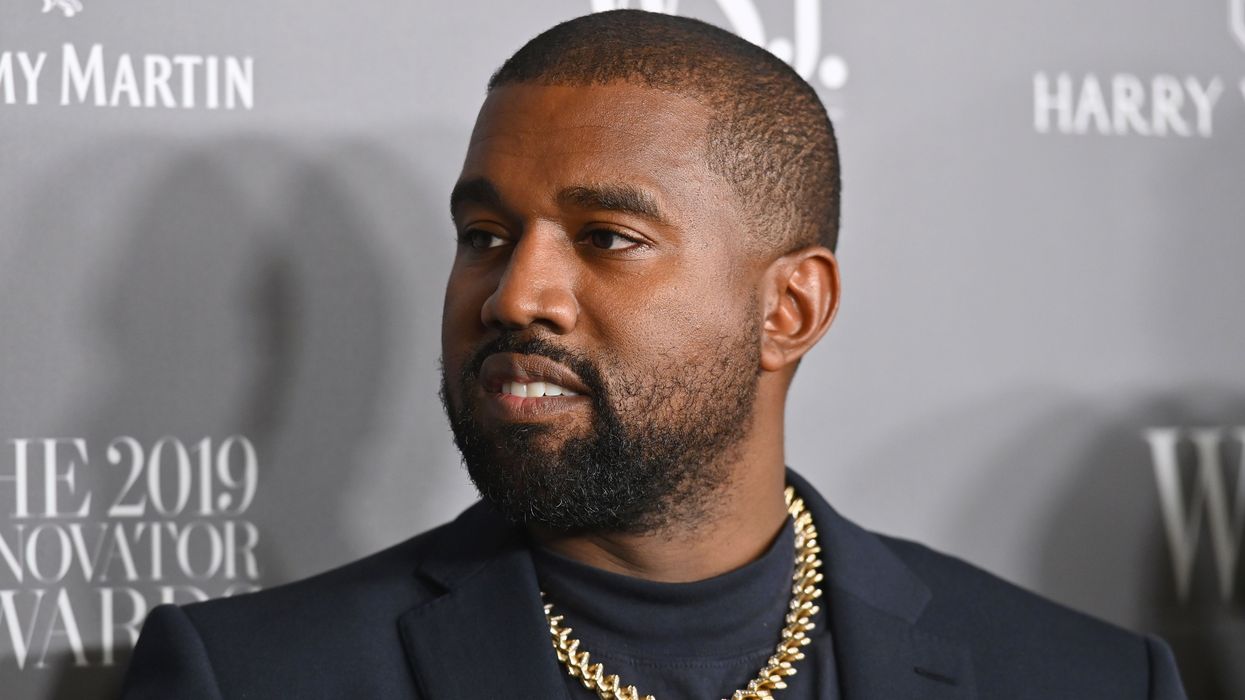Kanye West, now known as Ye, is once again facing backlash after reportedly deceiving an advertising agency to air a Super Bowl commercial that ultimately promoted antisemitic merchandise.
The 15-second regional ad, which aired in select markets, initially appeared to be a harmless clip of Ye sitting in a dentist’s chair, directing viewers to his Yeezy.com website. However, shortly after the ad aired, the website was altered to display a swastika-emblazoned T-shirt, sparking immediate outrage.
According to the Wall Street Journal, the ad was vetted by the agency USIM, which had been hired by executives associated with Yeezy LLC only weeks before the Super Bowl. At the time of submission, the website featured standard athletic apparel, and both Fox and Nexstar executives, who aired the ad in cities like Los Angeles, Philadelphia, and Atlanta, found no offensive content upon review. However, after the ad ran, the website was scrubbed and replaced with the controversial imagery, catching broadcasters and the agency off guard.

Ye’s actions followed a string of inflammatory antisemitic posts on social media, where he wrote statements such as “whip your Jews” and expressed admiration for Adolf Hitler. The posts led to his suspension from X and condemnation from organisations like the Anti-Defamation League and the American Jewish Committee. Prominent figures, including actor David Schwimmer, also called for Ye’s permanent ban from social media.
The backlash extended beyond social media. Shopify, the platform hosting Yeezy.com, faced criticism for allowing the site to remain active after the Super Bowl ad aired but ultimately shut it down on Tuesday, citing violations of its policies and a failure to engage in “authentic commerce practises.” Meanwhile, Ye’s talent agency, 33 & West, dropped him, with agent Daniel McCartney publicly stating, “I am no longer representing Ye due to his recent harmful and hateful remarks.”
USIM, which had assured television stations that the advertisement and website had been reviewed, immediately cut ties with Yeezy LLC once the controversy emerged. The agency also instructed stations to pull the ad from further broadcasts. Unlike nationally aired Super Bowl commercials, which require approval from Fox and the NFL, regional ads follow a different vetting process, often handled by individual local stations. This loophole allowed Ye’s ad to air without broader oversight.
Both Fox Sports and the NFL have distanced themselves from the controversy. Fox executives confirmed that they had no prior knowledge of the ad, while the NFL released a statement strongly condemning antisemitism and clarifying that it not been involved in the commercial’s approval or broadcast.
This latest scandal adds to Ye’s growing list of controversies, which have already cost him partnerships with major brands like Adidas and Gap. Despite repeated backlash, his ability to manipulate advertising and social media platforms raises serious concerns about the limits of content moderation and how bad actors can exploit media loopholes to spread harmful messages.





